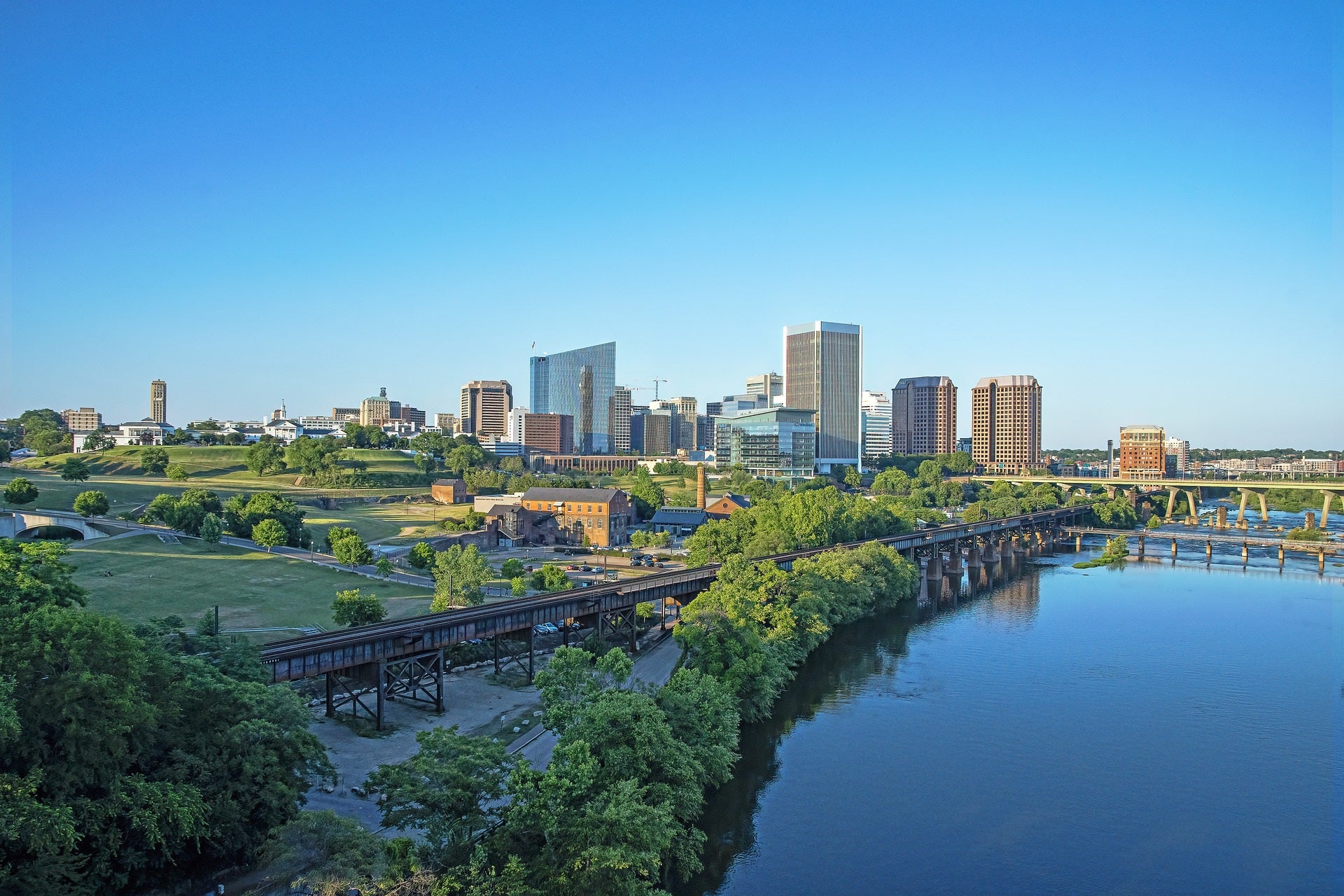
The aerial scenic view of the elevated highway on the high bridge over the Lehigh River at the Pennsylvania Turnpike. Lehigh Valley, Poconos region, Pennsylvania, USA. Photo credit: Getty Images.
Pennsylvania has a long history of energy production, stretching as far back as the late 1700s. A central role in fossil fuels, however, is rooted in Pennsylvania’s past, not its future.
The state is poised to become a leader in our nation’s transition to a clean, resilient zero-pollution economy. Pennsylvania will take an important step by joining the Regional Greenhouse Gas Initiative (RGGI), a multistate program under which power companies are obliged to pay for the pollution they create and must reduce pollution over time.
RGGI will provide hundreds of millions of dollars annually from auctions which can be used to fund projects that reduce air pollution and energy costs, like energy efficiency, and for the deployment of renewable energy. RGGI, coupled with the Bipartisan Infrastructure Law (BIL) and the Inflation Reduction Act (IRA), now celebrating its one-year anniversary, create a golden opportunity for Pennsylvania to become a trailblazer in the new energy economy and turn the page on its fossil fuel past. Indeed, states with strong climate policies will see greater uptake of these once-in-a-generation economic growth opportunities.
Pennsylvania is only beginning to see the funding flowing from these unprecedented federal investments. Here are three examples highlighting how the Biden administration’s clean energy plan is having an impact:













